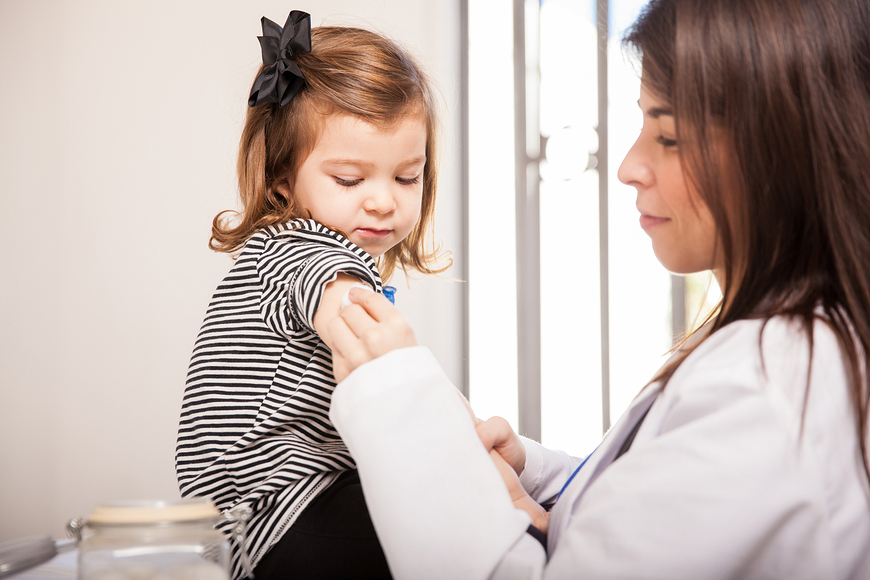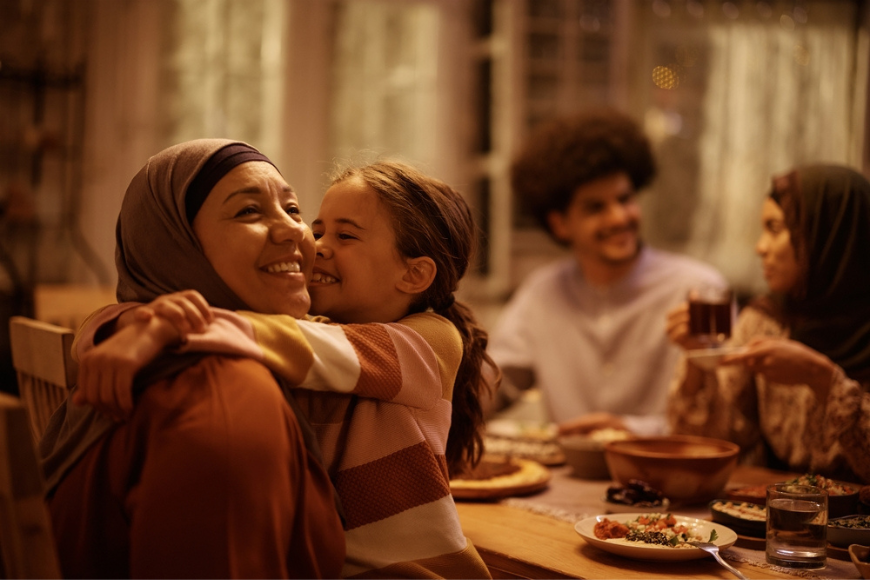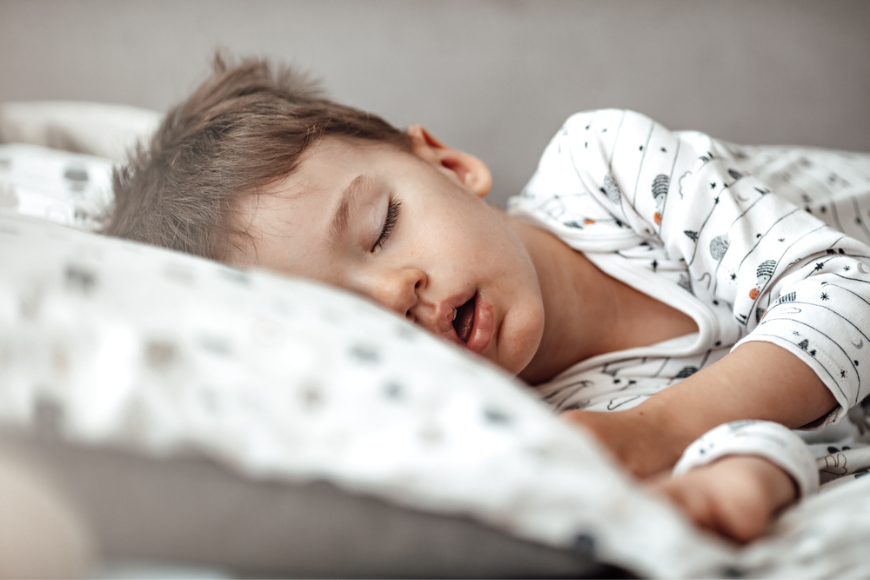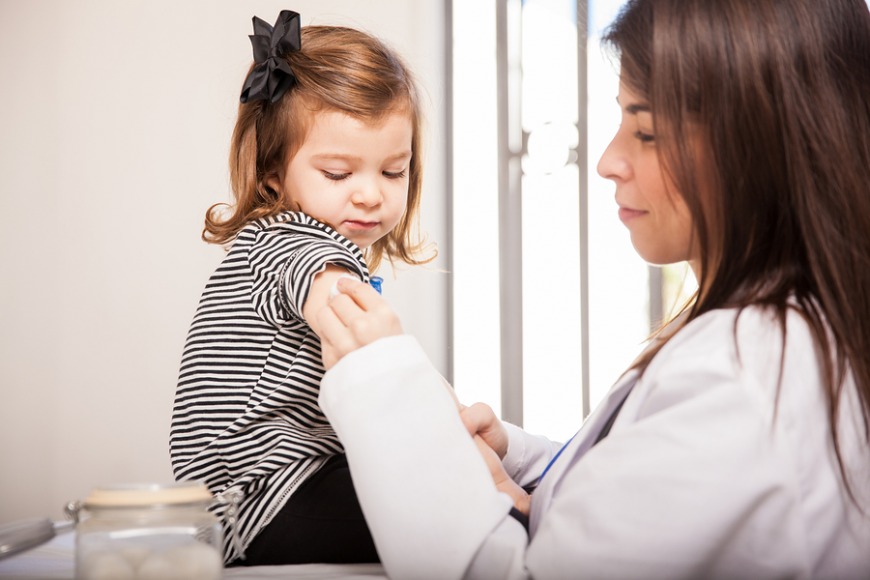Held every year, the week aims to help refocus public attention on the importance of vaccination for all children.
23 April 2015
| Last updated on 22 May 2017
This week is celebrated worldwide by UNICEF, immunisation partners, governments and civil society ogranisations.
For over 40 years, UNICEF together with the World Health Organisation (WHO) have helped lead the global drive to bring vaccines to the world's most vulnerable children, defending their rights to survive and be healthy. As UNICEF informs1, immunisations save up to 3 million children each year. That's 3 million children that are kept alive and healthy through vaccine, and by protecting them against disease. Immunisation is especially important for the hardest to reach families, as it can also act as a bridge to other life-saving care for mothers and children in isolated communities. As UNICEF states, immunisation is one of the most successul and cost-effective public health investments that can be made for future generations.
SEE ALSO: Have you had your flu vaccination?
The Convention on the Rights of the Child states that all children have the right to life and have equal access to quality healthcare. Today, 4 out of 5 children around the world are vaccinated against deadly diseases, compared to only 20 per cent just over 30 years ago. Yet it is still a critical, unfinished agenda in child health.
The theme for World Immunisation Week 2017 is "#VaccinesWork".
World Immunisation Week aims to promote the use of vaccines to protect people of all ages against disease. Immunisation saves millions of lives, and is widely recognised as one of the world's most successful and cost-effect health interventions. But today, there are still 19.4 million unvaccinated and under-vaccinated children in the world.
2017 marks the halfway point in the Global Vaccine Action Plan (GVAP), which envisions a world where everyone lives life free from vaccine preventable diseases - whoever they are, wherever they live - by 2020.2
This year's World Immunisation Week aims to raise awareness about the critical importance of full immunisation throughout life. The WHO Global Vaccine Action Plan (GVAP) - endorsed by the 194 Member States of the World Health Assembly in May 2012 - has the ambitious goal of reaching universal coverage with vaccines worldwide by 2020. The GVAP aims to:
- accelerate control of vaccine-preventable diseases with polio eradication as the first milestone and step up efforts to eliminate measles, rubella and maternal and neonatal tetanus and other diseases
- strengthen national routine immunization programmes to meet vaccination coverage targets
- introduce new and improved vaccines
- spur research and development for the next generation of vaccines and technologies.
As part of the 2017 campaign WHO and partners aim to:
- highight the importance of immunisation as a top global health investment priority
- promote understanding of the action steps required to achieve the GVAP
- showcase immunisation's role in sustainable development and global health security
SEE ALSO: The importance of child immunisation from Mediclinic Welcare Hospital
To put these targets into place across the world, there are three main steps that will help to close the immunisation gap:
Integrate immunisation with other health services
Strengthen health systems so they can continue vaccination programmes through crises
Ensure vaccines are both accessilbe and affordable to all
1Information gathered from official UNICEF website: source.
2Information sourced from the WHO website: source.































































































![We Tried [u]bk's Lively Garden Brunch at Mövenpick JLT Dubai We Tried [u]bk's Lively Garden Brunch at Mövenpick JLT Dubai](https://cdnexpatwomanfood.expatwoman.com/s3fs-public/urban%20bar%20and%20kitchen%20brunch%20main.png)










































